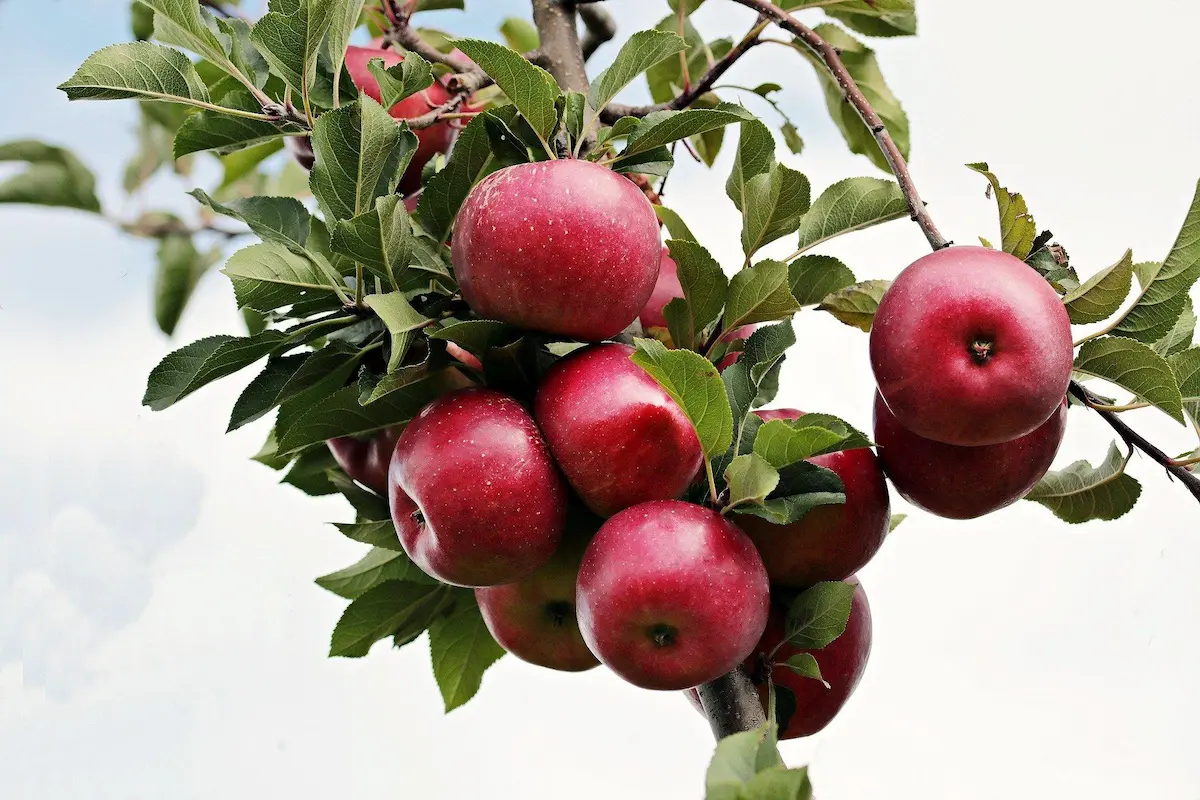
Shimla farmers demand a ban on Turkish apple imports citing unfair competition
Apple farmers in Shimla, Himachal Pradesh, have raised strong demands for an immediate ban on Turkish apple imports, citing unfair competition and geopolitical concerns. The movement has gained momentum following Turkey’s open support for Pakistan during recent diplomatic tensions. Farmers argue that cheap foreign imports are severely impacting local apple prices, threatening the livelihoods of thousands of growers in Himachal, Kashmir, and Uttarakhand.
Why Are Farmers Demanding a Ban?
Shimla’s apple growers have long struggled with fluctuating market prices, but the influx of Turkish apples has exacerbated the issue. Farmers claim that:
- Turkish apples are priced lower due to government subsidies, making it difficult for Indian apples to compete.
- Imports from Turkey, Iran, and China flood Indian markets, reducing demand for locally grown apples.
- Geopolitical concerns – Turkey’s support for Pakistan has led to calls for a boycott of Turkish goods, including apples.
Speaking to ANI, Shimla-based apple grower Aman Dogra stated, “Turkey stood with Pakistan in recent tensions. We should not be importing apples from such countries. If imports stop, our prices will improve.”
Economic Impact on Indian Apple Farmers
India’s apple industry is worth over ₹5,500 crore, supporting lakhs of families across Himachal Pradesh, Jammu & Kashmir, and Uttarakhand. Farmers argue that foreign imports undermine their ability to sustain profits, especially when domestic production is sufficient to meet demand.
According to Ankit Bramta, an apple grower from Jubbal, Shimla, India imports 80 lakh apple boxes annually from Turkey, out of a total ₹10 billion trade volume. He emphasized that raising import duties above 100% or banning Turkish apples would boost domestic prices, benefiting farmers directly.
Political Support for the Ban
The movement has gained political backing, with Himachal Pradesh Leader of Opposition Jairam Thakur supporting the farmers’ demand. He stated, “India helped Turkey during the earthquake, yet they support Pakistan against us. If this is true, Turkish apple imports should be completely stopped.”
Additionally, BJP leader Rajeev Chandrasekhar voiced support for the boycott of Turkish goods, stating that India should prioritize trade with friendly nations.
Conclusion – Ban on Turkish Apple
The demand for banning Turkish apple imports reflects a larger movement to protect Indian farmers from unfair foreign competition. With political backing and growing public support, the issue is likely to gain traction in policy discussions. Whether the Indian government imposes stricter import duties or a complete ban remains to be seen, but one thing is clear—Shimla’s farmers are determined to safeguard their livelihoods.